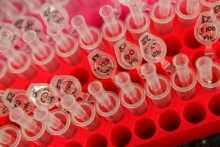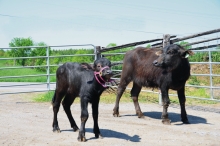Researchers propose a new model for classifying Parkinson’s
One of the things that makes developing effective treatments for Parkinson’s disease so challenging is its complexity. While some forms are caused by genetics, others have environmental factors, and patients can show a wide range of symptoms of varying severity. Diagnosis of Parkinson’s is also currently made very late, after the disease may have been in the brain for a decade or more.













